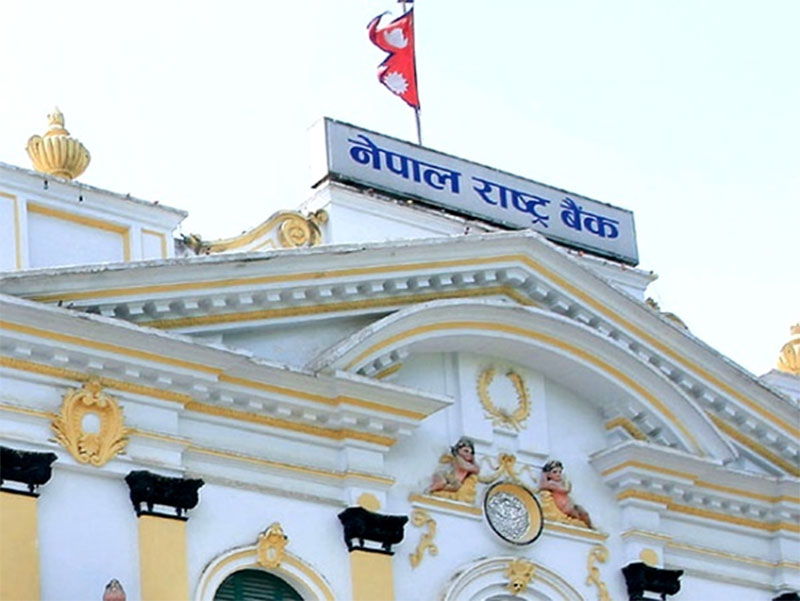Kathmandu: Nepal Rastra Bank (NRB) is set to enhance digital payment systems to streamline cross-border financial transactions, addressing concerns raised by traders. NRB Governor Maha Prasad Adhikari announced these initiatives, noting that the upcoming monetary policy will introduce measures to boost digital platforms for cross-border payments.
Adhikari emphasized that NRB has already authorized payment service operators and providers for financial transactions with third countries, with integration underway with international partners.
Since March, NRB has allowed Nepali workers in India to transfer funds to Nepali banks through electronic banking, interbank payments, mobile banking, and QR codes via the National Payment Switch. Additionally, NRB has facilitated remittances from Nepal to India up to INR 15,000 daily and INR 100,000 monthly.
Expanding its digital payment system globally, NRB now permits foreigners to make payments to Nepali traders in foreign currencies via QR codes and the national payment switch. Similarly, Nepalis traveling abroad can use QR codes linked to Nepali commercial bank accounts for foreign currency transactions. Banks are instructed to independently assess and manage associated risks.
NRB has also signed an agreement with Reserve Bank of India to integrate Unified Payments Interface (UPI) and National Payments Interface (NPI) to facilitate cross-border remittances. Adhikari mentioned plans to sign similar agreements with Alipay of China and LankaPay of Sri Lanka soon.
Looking ahead, Adhikari highlighted that the upcoming fiscal year’s monetary policy aims to revive the economy, acknowledging challenges faced by sectors like construction, real estate, and SMEs amidst favorable external economic indicators.
Responding to criticisms over stringent working capital loan policies, Adhikari assured that amendments have been made to allow small businesses to access loans up to Rs 40 million, aimed at easing financial pressures and supporting economic recovery.
